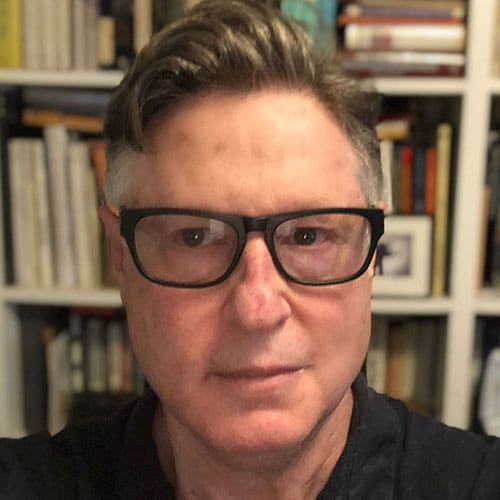June 18, 2013
Jonathan Alter’s “The Center Holds: Obama and His Enemies” (Simon and Schuster), an account of the president’s reelection campaign and the challenges posed by the Republican’s obstructionist politics, has been on the New York Times Best Sellers list for several weeks. We recently spoke to the columnist for Bloomberg View about the president, the 2012 campaign and the future of political journalism. The following is an edited version of our conversation.
TOM TEICHOLZ: Three years ago, you published a book about President Obama and his first year in office. What’s happened since?
JONATHAN ALTER: My 2010 book, “The Promise: President Obama Year One,” was the first book about the Obama presidency and about the way Obama operated in office. “The Center Holds” is the first book about the 2012 campaign … but it’s also got a somewhat different focus. “The Promise” is more about government and “The Center Holds” is more about politics. And interestingly, the president often separates the two. This book has a wider focus: It also encompasses the people suffering from what I call “Obama Derangement Syndrome,” the people who despise the president and the effect that [he] had. It also includes a lot about voter suppression and what the Romney campaign was up to.
TT: Bob Woodward wrote a series of books on the Bush Presidency that offered a lot of behind-closed-doors revelations. How are yours about Obama different?
JA: I’m interested in placing events in a larger context. I want to know what happens behind closed doors, but only if it’s historically significant. I’ve said that this was the most important election of my lifetime — I’ve covered 9 of them. And the reason that it was, was that the social contract going back to Franklin Roosevelt was on the line in this election.
TT: This election presented two radically different views of the role of government and of the relationship between individuals and their government.
JA: Exactly. That was the premise under which I operated under and when Obama won, that’s why I called it “The Center Holds” — not just because my daughter thought it would be nice to reference a William Butler Yeats poem for a title. The president in his campaign was a small “c” conservative and he was up against radicals — this is not your father’s Republican party. They are obstructionist and determined to try and move the country sharply to the right. It became a book about a climactic struggle that might not have been as close as other elections, but was major in terms of class politics and what we owe each other as a people and the role of government.
TT: There’s an anecdote in “The Promise” about Justice Oliver Wendell Holmes Jr. and his belief that Franklin Roosevelt brought a “first-rate temperament but a second-rate intellect” to the presidency; and that Obama might reflect the opposite. Do you still feel that’s true?
JA: I think that might be even more true now. He has a first-class intellect but his temperament — although even-tempered and very well suited to the Presidency — also handicaps him a little bit because he’s missing the “schmooze gene,” as I put it, and that gives him one less tool in the toolbox. Ultimately, when he starts reaching out a little in his second term, the part of his temperament that his friends see will be better seen by other politicians.
TT: President Obama seems to disdain the theater of politics.
JA: I think that’s right. He sometimes fails to remember that the presidency is a theater and that you need to make some concessions to the performance requirements … and he’s often reluctant to do that. We saw that in the first debate.
TT: One of the most interesting chapters in “The Center Holds” is about Obama’s tech crew cracking the code on digital fundraising and campaigning.
JA: I found it very interesting just how important these digitals tools were in Obama’s reelection. It’s a colorful story about how Obama’s tech team ushered in the first true digital campaign of the 21st century. I explain how that works, translating from the original geek what the 20-year-old techies were saying.
TT: How do you see the landscape changing for political journalists?
JA: It’s going to be mostly online. The same basic skills are no different than they’ve ever been: to write and report. Personally, I’m transitioning to books and television. I’m executive producer of a comedy with Gary Trudeau (Amazon Studios’ “Alpha House” with John Goodman). I’m one of three executive producers on it.
TT: That’s a new muscle for you.
JA: That’s a totally new muscle and a really fun thing to do. I’ll certainly write another book, and I just re-signed with NBC. But the old days of staying at Newsweek for close to 30 years, as I did — that’s all in the past. For anyone who’s interested in our business — or any business for that matter — what you have to do is be open to new things, and new ways of communicating.





















 More news and opinions than at a Shabbat dinner, right in your inbox.
More news and opinions than at a Shabbat dinner, right in your inbox.